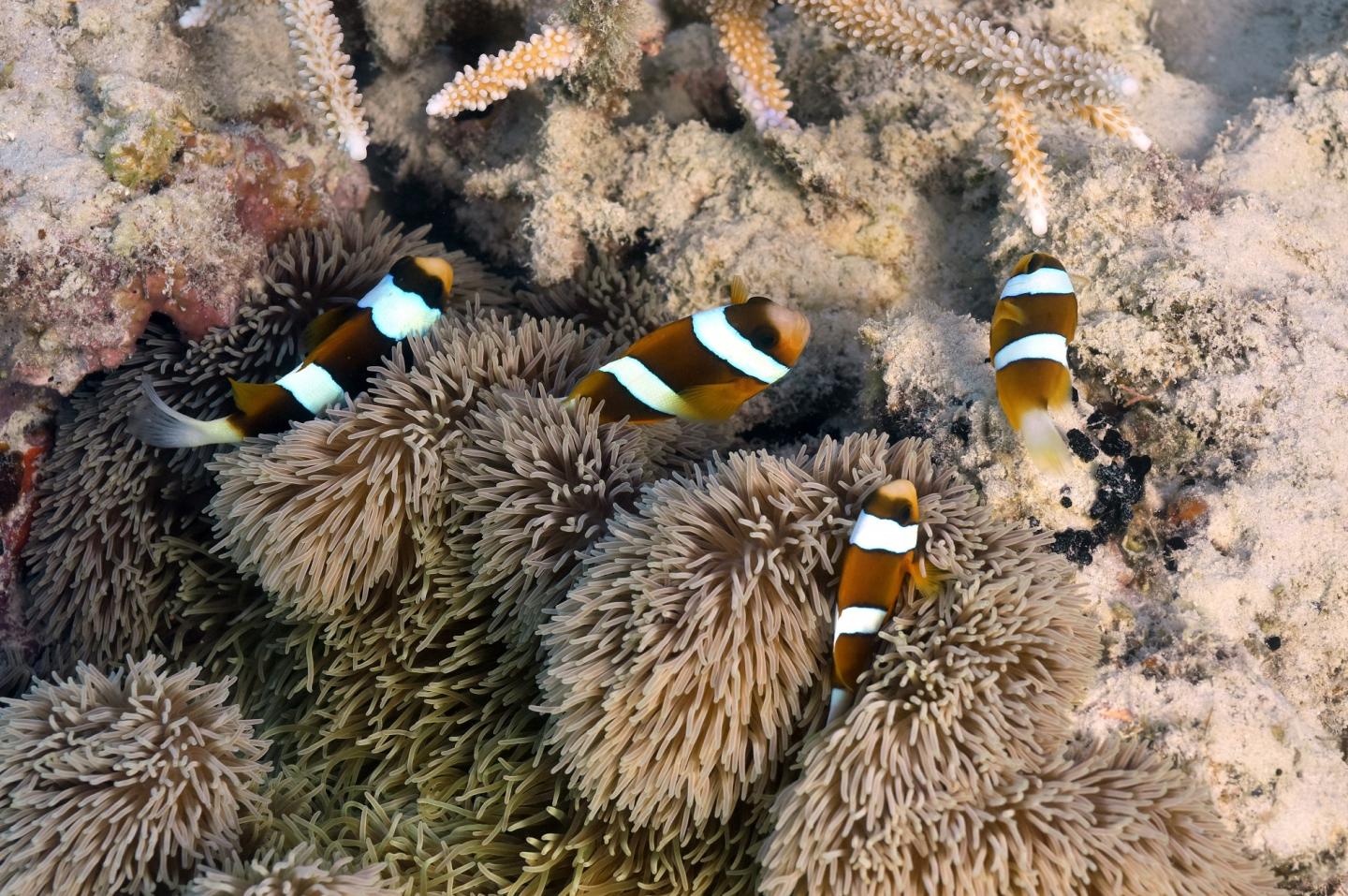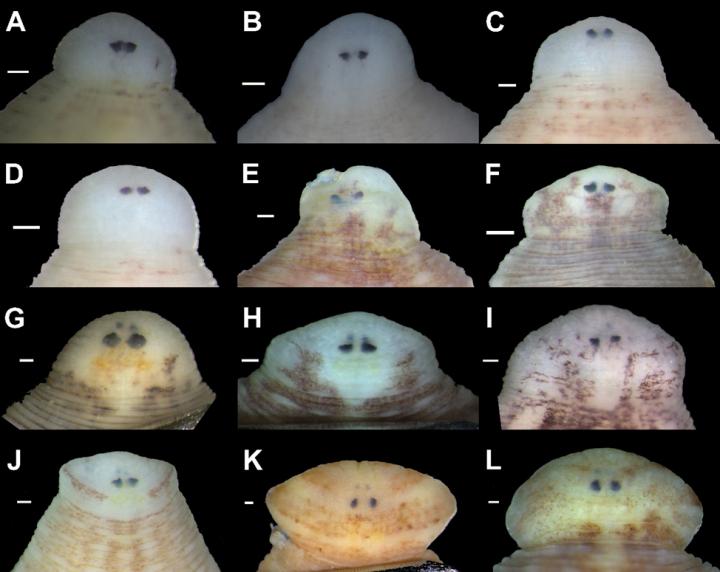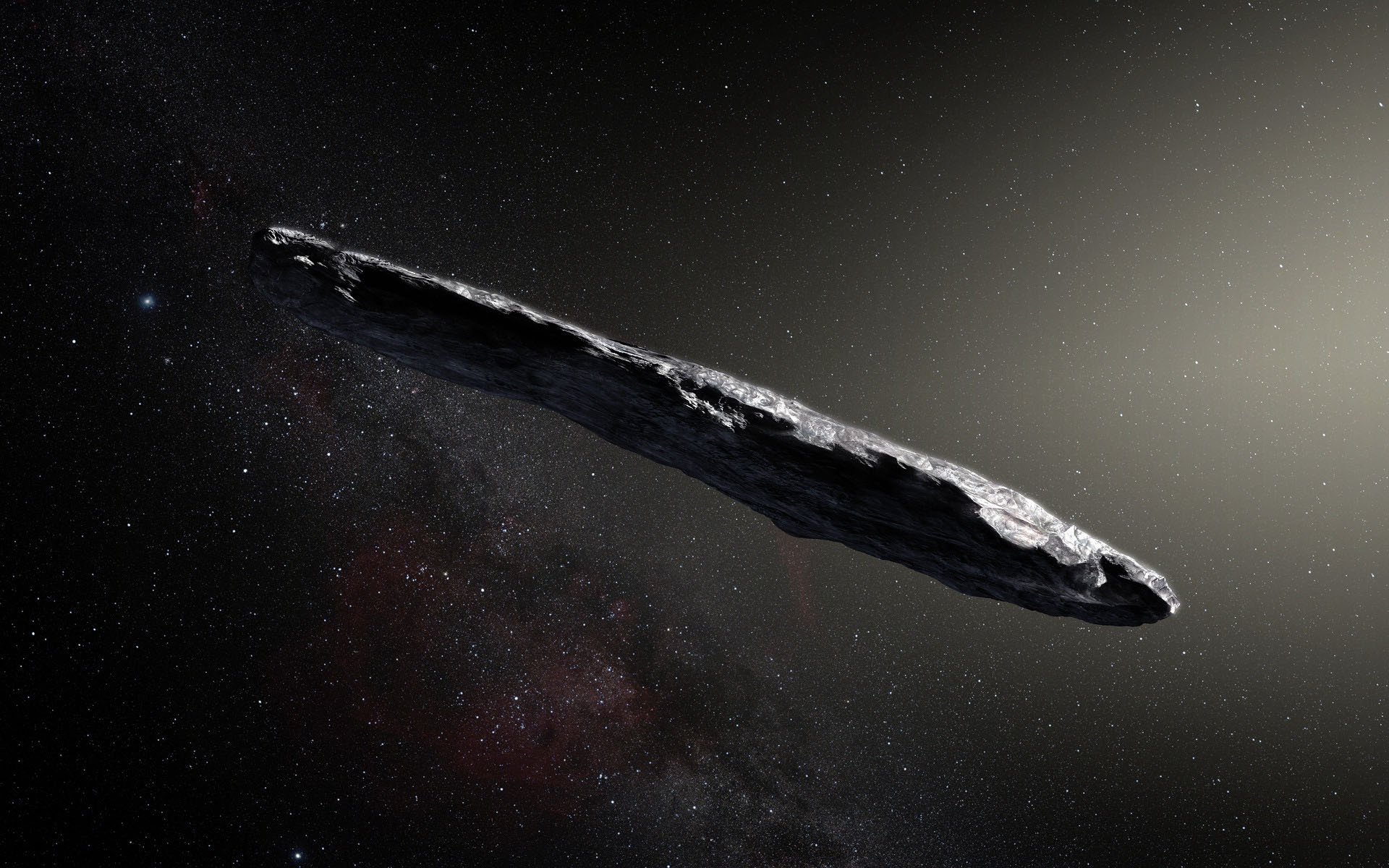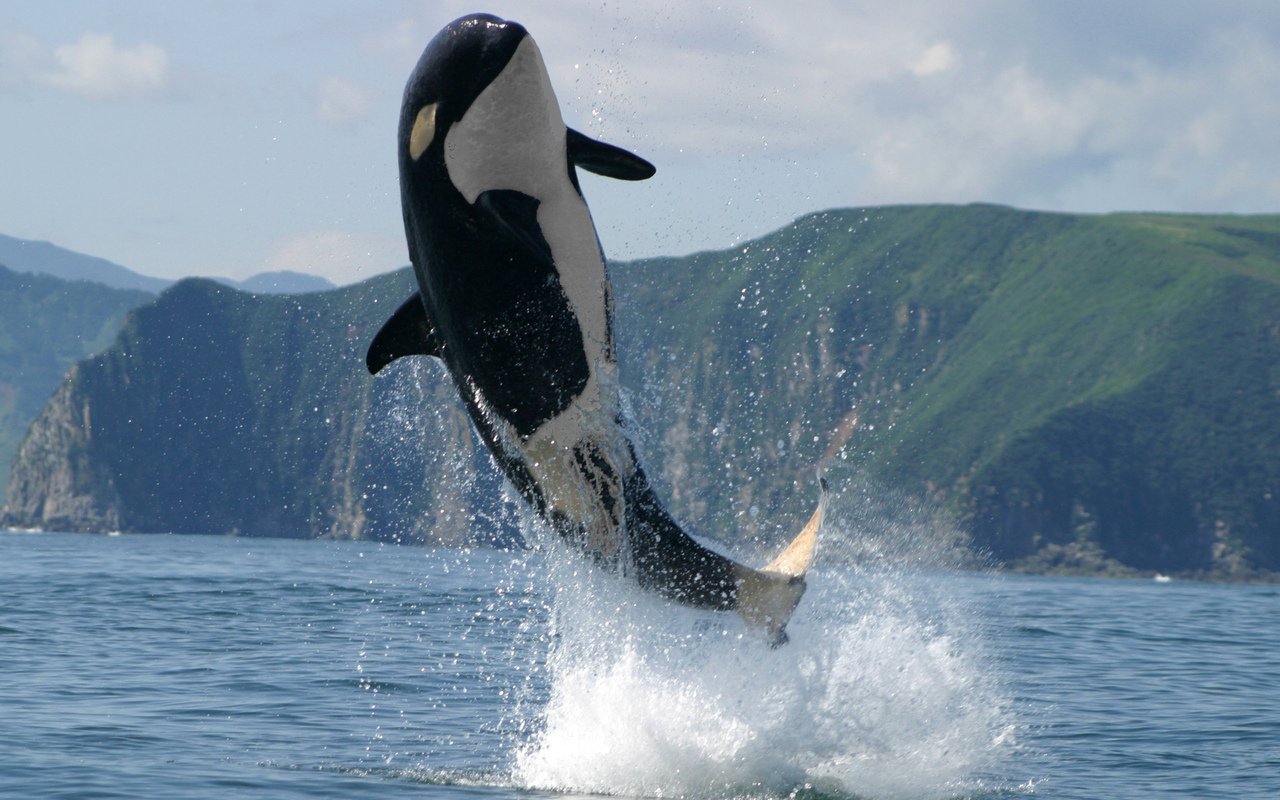Finding Nemo’s cousins
The fish made famous in Finding Nemo can see ultraviolet (UV) light and may use it as a ‘secret channel’ to find both friends and food, according to researchers. Anemonefish are easily recognised by their striking orange and white patterning, but University of Queensland scientists set out to find out how ‘clownfish’ see their world … Read more









